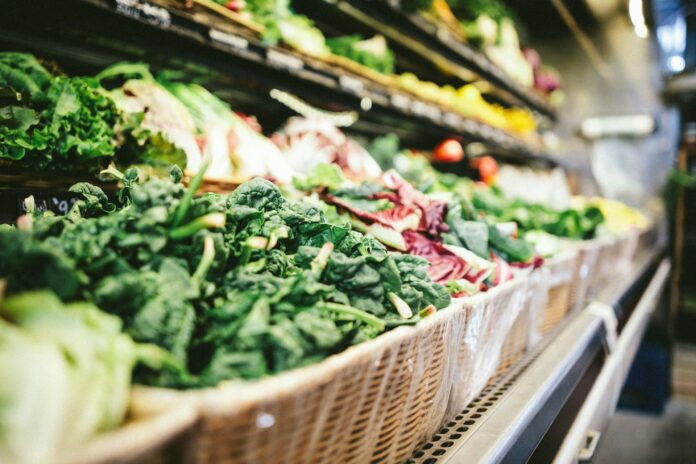New regulations impact EU exporters with stringent health certifications and inspections
On 30 April, in a major post-Brexit regulatory change, the UK started imposing border checks on fresh food items imported from the EU. These new checks require EU exporters to provide export health certifications (EHCs) for various products such as seafood, dairy and cut flowers before entering the UK. This measure aims to prevent the entry of diseases and pests, which could be detrimental to the UK’s biosecurity and public health.
Lucy Neville-Rolfe, the UK Cabinet Office Minister, emphasized the necessity of these measures. “It is essential that we introduce these global, risk-based checks. They are categorized based on the inherent risk the commodity poses to our biosecurity, public health, and the agricultural sector,” she stated. Products deemed low-risk, such as tinned salmon, will not require these health certificates or undergo routine checks.
The introduction of these regulations also comes with financial implications for businesses importing goods through the UK’s major ports, including Dover and the Eurotunnel. To manage the increased administrative costs, the UK government has implemented a common user charge for goods passing through these inspection posts.
The business community has expressed concerns over the increased operational costs and administrative burden these new requirements impose. Small retailers and wholesalers in the UK are particularly worried about the impact on their operations, fearing reduced product variety and higher prices for consumers. These concerns extend to consumers who might face less availability of fresh produce and delicatessen items, alongside potential price hikes.
This shift not only affects the EU exporters but also marks the first instance post-Brexit where the UK has applied third-country status to EU businesses. Since January 2021, UK businesses have similarly had to navigate their new status as third-country entities within the EU, facing stringent inspections and increased bureaucracy at EU border posts.
The economic impact of these measures is significant. According to the Resolution Foundation, a think tank based in London, the UK’s trade in goods has decreased dramatically, reaching levels not seen since 2015. The trade shrinkage includes a 13.2 percent reduction in exports and a 7.4 percent decline in imports since 2019, a steeper drop than any other G7 nation.
During the 2024 Seafood Expo Global in Barcelona, Tavish Scott, CEO of Scottish Salmon, discussed the challenges facing the seafood industry due to these new regulations. He highlighted the financial and logistical burdens that have forced many small and medium-sized enterprises, including seafood companies, to either cease exporting to the EU or shut down due to unsustainable costs
